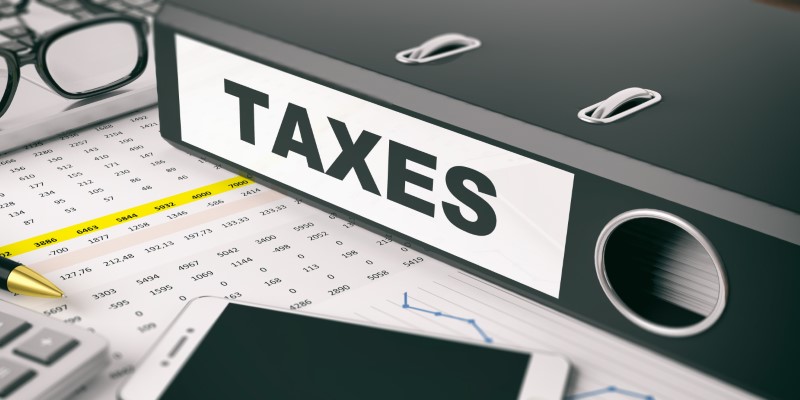Sure, it would be great if there was some secret sauce or easy hack that took care of all your financial worries, but alas, there isn't. However, there are some easy steps you can take now to start getting your financial house in order, so don't give up hope just yet. Here are five suggestions for better handling your own money. In addition, if you can keep to these five guidelines, you may find that your financial issues begin to ease, and you may benefit from less debt, more savings, and an improved credit rating.
Specify Your Monetary Objectives
Set some concrete, long-term monetary objectives. Your goals may include an extended tour throughout Europe, purchasing an investment property, or maybe an early retirement. These objectives should all be incorporated into your long-term budget. You can't afford to retire early, for instance, unless you start saving today. How well you handle your money will directly impact your ability to achieve other objectives, such as buying a house, establishing a family, relocating, or switching jobs. After putting your financial goals on paper, the next step is to rank them. By making this arrangement, you may focus on the things that matter to you. List your objectives in the order of priority; however, remember that long-term goals like retirement savings demand continuous effort while pursuing other dreams.
Develop Your Plan
For optimal financial success, a well-thought-out strategy is needed. There should be several stages or checkpoints in the process. A typical system can include drawing up weekly spending and sticking to it to get out of debt. After you've done these three things and attached them to your strategic initiative for a few months, you could discover that you have additional cash because you're no longer putting as much of your income into debt. Once again, it's crucial to identify your top priorities. Hold steady to your commitment to retirement savings, but focus on the most pressing short-term objectives you've established.
Establish And Maintain A Spending Plan

The budget you create for yourself is one of the essential tools you can use to improve your financial situation. A budget may help you arrange your resources to move you closer to your objectives. Your budget may be as simple or complex as you choose, as long as it enables you to achieve your long-term financial goals of spending less money than you take in. In addition to guiding your day-to-day spending, a budget may assist you in making long-term financial decisions. Without a strategy, you risk spending money on items that seem necessary at the time but don't contribute much to your future.
Reduce Your Debt
Numerous people's efforts to improve their financial situations are severely hampered by their need to pay off debt. For this reason, its eradication should be a top priority. Make a strategy to get out of debt and stick to it so you can pay off your obligations sooner. If you have many debts and can only afford to make the minimum payment on each, you may, for instance, put any additional funds toward paying off only one of the debts. After you've paid off one obligation, put that payment's equivalent toward your next most enormous bill, generating a "snowball effect" in your debt reduction. Once you've paid off all of your debt, make it a priority to keep it that way. For safety's sake, you may want to avoid taking credit cards out of the house.
Don't Be Shy About Asking For Help

When you have built up sufficient funds and are ready to start investing to further your financial standing, it is recommended that you seek the advice of a financial planner. An intelligent advisor will be transparent about the potential downsides of each investment option, and they'll help you choose products that fit your risk tolerance and investment return requirements. The budgeting assistance provided by a financial planner is yet another benefit.
Conclusion
Due to the recent shifts, it might be prudent to examine your financial condition. This is of utmost importance for people who have fallen on hard times in recent years, necessitating the adoption of short-term relief measures such as stimulus contributions or deferred student loan payments. Also, with Tax Day rapidly approaching, now would be an excellent time to take stock of your financial situation and make any necessary adjustments this spring. However, financial advisors state that you should evaluate your current approach to personal finance at any moment. Racquel Oden, manager of network growth at JPMorgan Chase, says, "It is not too late, and it's not ever early."




